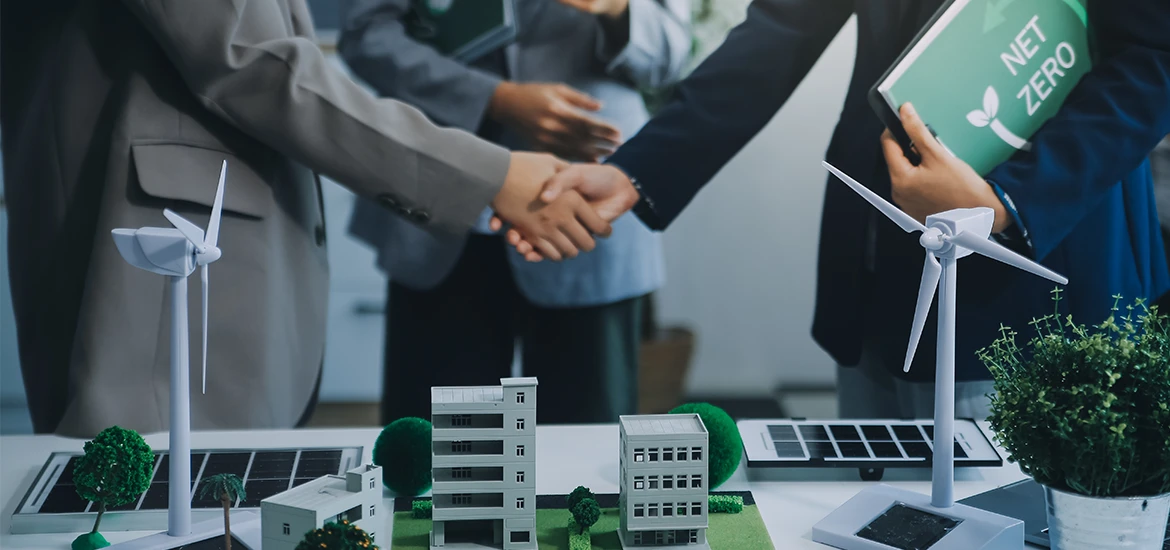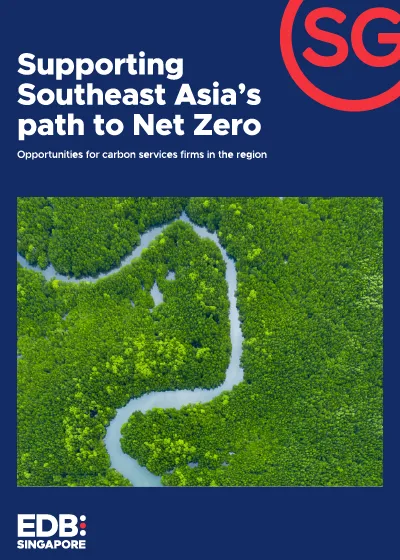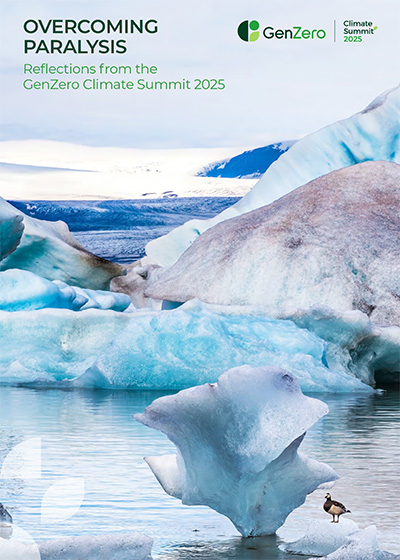The launch comes days after Singapore released a draft guide for local companies planning to use carbon credits voluntarily to meet their respective net-zero targets.
The companies are urged to exhaust all possible ways to cut their carbon footprint before turning to carbon credits to offset their remaining emissions.
One carbon credit represents one tonne of carbon dioxide that is either removed from the atmosphere, such as through carbon capture, or prevented from being released.
Countries such as Singapore will buy carbon credits to meet their climate targets, while nations like Kenya can sell credits produced by carbon projects such as direct air capture and biochar production – a process that creates a charcoal-like mass that can lock away carbon.
There are two types of carbon markets – the compliance market, which is regulated by governments, and the voluntary market, where companies can choose to buy credits.
The use of credits from the voluntary market for offsetting carbon emissions is not legally required or regulated. This has led to criticisms about the effectiveness and quality of such credits, raising concerns about greenwashing.
The voluntary market faced greater scrutiny in 2023 after The Guardian newspaper reported that more than 90 per cent of rainforest credits did not represent genuine carbon reductions. The price and usage of carbon credits plummeted after that.
In 2024, the average price of a credit in the voluntary market fell to US$6.34 a tonne, down from a 15-year-high of US$7.37 in 2022, according to Ecosystem Marketplace, a global environmental finance news and analysis site. The overall value of the market was US$535 million in 2024, a plunge from about US$2 billion in 2022.
On 24 June, the new coalition said: “Carbon markets direct finance to projects that can cut emissions faster and at lower cost. This helps modernise industries, cuts pollution, creates employment opportunities, and delivers lasting benefits for local communities and ecosystems.
“But reputational and legal risks, concerns about integrity of supply and lack of consistent guidance have stopped companies from buying credits.”
The co-chairs of the alliance are Singapore’s Ambassador for Climate Action Ravi Menon, Britain’s special representative for climate Rachel Kyte and Kenya’s special climate envoy Ali Mohamed.
At the launch, Mr Menon acknowledged the “crisis of confidence" in carbon markets, but said this was not a reason “to walk away from carbon markets”.
“It is not the tool that is at fault, but the manner in which it has been used. There are demand, supply, and market infrastructure issues that we need to address,” he added.









